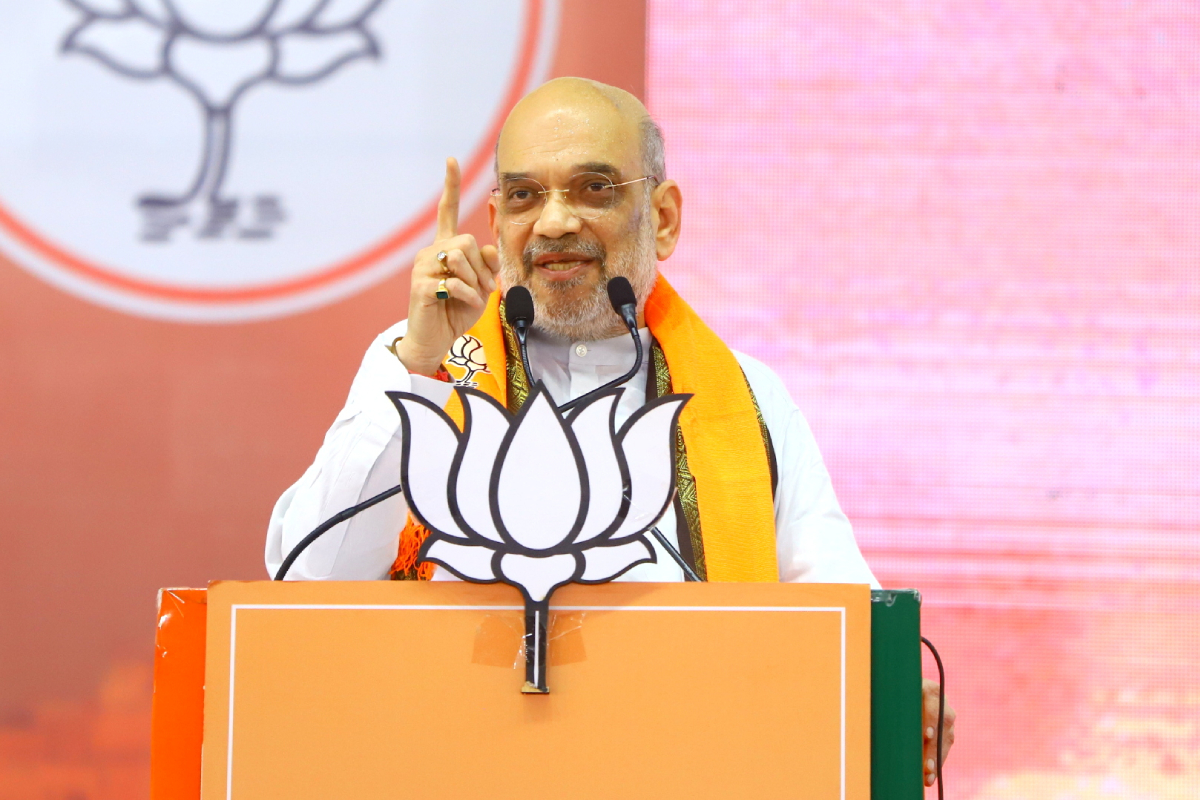NEW DELHI: In a recent development, the Supreme Court of India declared the third extension granted to Enforcement Directorate (ED) chief Sanjay Kumar Mishra “illegal.”
The decision has led to contrasting reactions from political leaders, with Home Minister Amit Shah defending the amendments and those celebrating the verdict being labelled as “delusional.”
Terming people who are rejoicing as “delusional” HM Shah tweeted, “Those rejoicing over the Hon’ble SC decision on the ED case are delusional for various reasons.”
HM Shah also expressed his support for the amendments made to the Central Vigilance Commission Act, which were duly passed by Parliament and upheld by the Supreme Court. “The amendments to the CVC Act, which were duly passed by Parliament, have been upheld,” he said.
Those rejoicing over the Hon’ble SC decision on the ED case are delusional for various reasons:
The amendments to the CVC Act, which were duly passed by the Parliament, have been upheld.
Powers of the ED to strike at those who are corrupt and on the wrong side of the law…
— Amit Shah (@AmitShah) July 11, 2023
Shah emphasised that the powers of the Enforcement Directorate to combat corruption and enforce foreign exchange laws remain intact.
He further stated that the identity of the ED director is not significant, as the institution is focused on investigating offences of money laundering and violations of foreign exchange laws, regardless of the individual in charge.
“ED is an institution that rises above any one individual and is focused on achieving its core objective – i.e. to investigate offences of money laundering and violations of foreign exchange laws,” HM Shah tweeted.
“Thus, who the ED director is is not important because whoever assumes this role will take note of the rampant corruption of a cosy club of entitled dynasts who have an anti-development mindset,” he warned.
On the other hand, the Congress party hailed the Supreme Court’s decision as a resounding “slap” on the government’s face. KC Venugopal, the party’s general secretary, criticised the motive behind granting the extension and expressed satisfaction that the Supreme Court questioned the decision. “This is a slap on the government’s face. The motive to give an extension has been questioned by the Supreme Court verdict,” Venugopal said.
The SC curtailed Mishra’s extended tenure from November to July 31, citing the ongoing peer review being conducted by the Financial Action Task Force (FATF) and the need for a smooth transition. Mishra, a 1984-batch IRS officer, was originally expected to remain in office until November 18, 2023, according to the government’s notification.
The bench of Justices BR Gavai, Vikram Nath, and Sanjay Karol affirmed the amendments of the Central Vigilance Commission Act and the Delhi Special Police Establishment Act, allowing the ED director’s tenure to be extended for a maximum of five years. The court’s verdict came after it reserved judgment on pleas challenging the third extension of Mishra’s service, which the central government had defended based on the FATF peer review.
The Supreme Court’s decision holds significance as it addresses concerns about the misuse of enforcement agencies against political opponents. It stems from a plea filed by Jaya Thakur, accusing the central government of undermining the democratic structure by misusing enforcement agencies.
Congress leaders Randeep Singh Surjewala and Jaya Thakur, as well as TMC’s Mahua Moitra and Saket Gokhale, were among those who filed petitions challenging Mishra’s extended tenure.
It is important to note that Mishra’s initial appointment as the director of the ED was for two years, starting on November 19, 2018. However, a retrospective modification made by the central government on November 13, 2020, extended his term to three years.
Last year, the government promulgated an ordinance allowing the extension of the ED and CBI chiefs’ tenure by up to three years, following the mandated two-year term.










